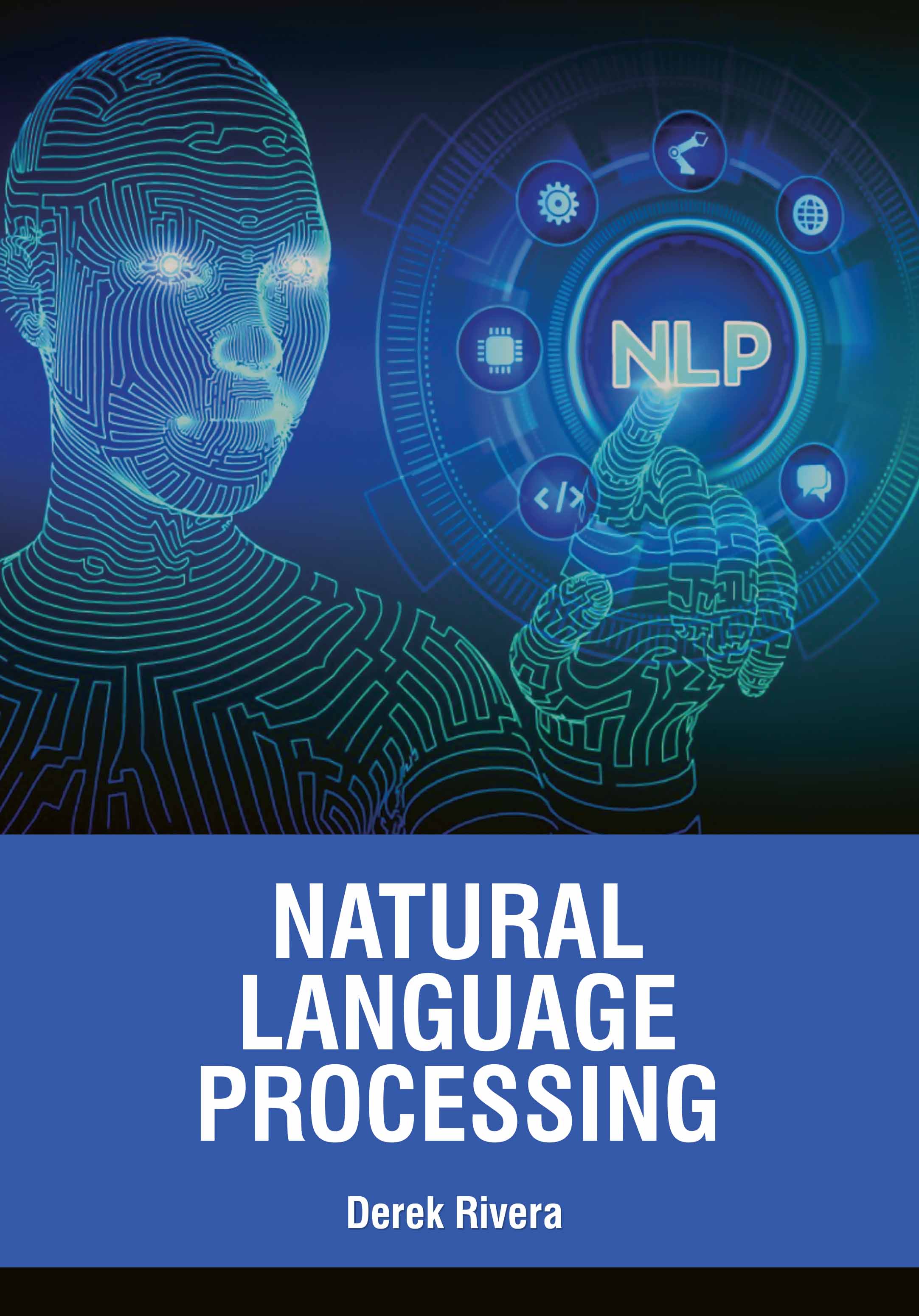About This Book
Immunology is the branch of science that deals with the study of the immune system, which protects the
body from harmful invaders such as pathogens, toxins, and other foreign substances. The Textbook of
Immunology offers a comprehensive overview of the structure and function of the immune system,
providing crucial knowledge on its components, including white blood cells, antibodies, cytokines, and
the lymphatic system. This textbook serves as an essential resource for students, researchers, and
healthcare professionals interested in understanding how the body defends itself against infections and
diseases. The book delves into the mechanisms of innate immunity, which provides the first line of
defense, as well as adaptive immunity, which involves a more specific and long-lasting response to
pathogens. It explores various immune responses, such as humoral immunity and cell-mediated
immunity, and covers the role of the thymus, bone marrow, and other organs in maintaining immune
homeostasis. Additionally, the Textbook of Immunology covers immunological disorders, including
autoimmune diseases, allergies, and immunodeficiencies, highlighting the importance of immunology
in clinical practice. Modern immunological techniques like ELISA, flow cytometry, and PCR are also
explored, illustrating their applications in both diagnostics and research. The Textbook of Immunology
provides a thorough understanding of the immune system's structure, function, and clinical relevance in
combating diseases.
Contents: 1. An Introduction to Immunology, 2. The Immune System, 3. Nature of Antigen-Antibody
Reactions, 4. Stress and the Immune System, 5. Innate Immunity, 6. Disorders of the Immune System,
7. Immunology in Allergic Disease, 8. Immunological Tolerance, 9. Diagnosis of Immunodeficiency,
10. B Cell Receptor Signaling and Autoimmunity.

